What smells do ants hate? 7 plants to repel ants – and what attracts them
From rosemary to lavender, here's the best plants to deter ants from your home and garden

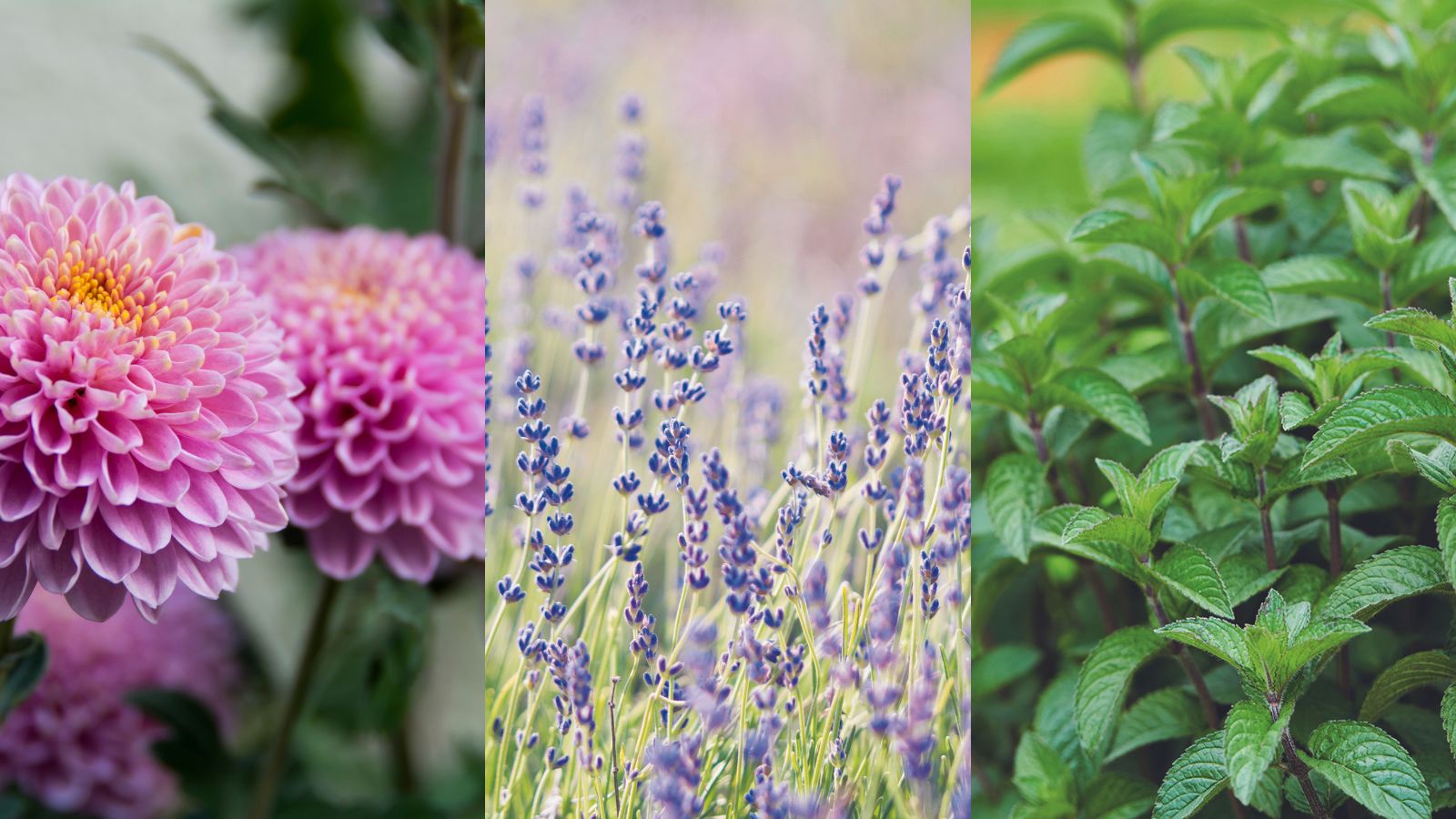
Design expertise in your inbox – from inspiring decorating ideas and beautiful celebrity homes to practical gardening advice and shopping round-ups.
You are now subscribed
Your newsletter sign-up was successful
Want to add more newsletters?

Twice a week
Homes&Gardens
The ultimate interior design resource from the world's leading experts - discover inspiring decorating ideas, color scheming know-how, garden inspiration and shopping expertise.

Once a week
In The Loop from Next In Design
Members of the Next in Design Circle will receive In the Loop, our weekly email filled with trade news, names to know and spotlight moments. Together we’re building a brighter design future.

Twice a week
Cucina
Whether you’re passionate about hosting exquisite dinners, experimenting with culinary trends, or perfecting your kitchen's design with timeless elegance and innovative functionality, this newsletter is here to inspire
When you’ve got an unwanted ant infestation on your hands, the search for a simple home remedy may lead you to reach for the ant killer, but did you know that there are many fragrant plants that repel ants, so in your quest to get rid of ants inside your home or in your backyard, it pays to consider what smells ants hate – and how you can deter ants without potentially toxic ant killers – or by raiding your pantry staples for baking soda to kill ants.
We’ve got the lowdown on what smells ants hate, plus the experts’ guidance on the best fragrant flowers and plants to repel ants.
What smells do ants hate?
Before we talk about the smells that ant hate, it is worth thinking about why ants come into the house in the first place.
Ants generally build nests outside, but food and moisture can attract them indoors, making tackling these insects early essential. Ants are very common, and like fruit flies and gnats, are likely to be a nuisance in high summer. The good news is that proven fragrant plants can naturally repel ants.
1. Thyme
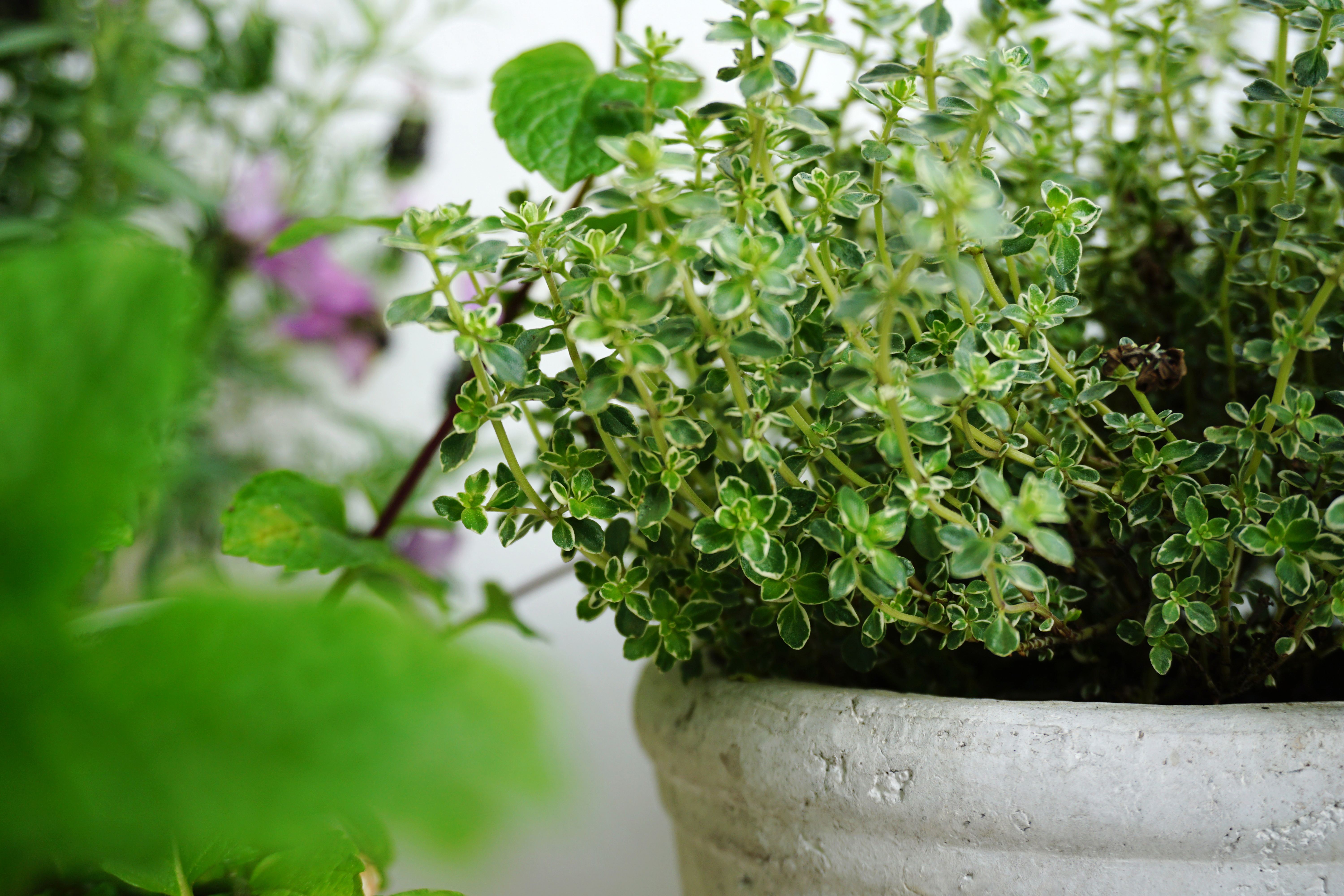
This herb is commonly used in cooking, but it can also control the ants and other pests in your yard. Thyme, especially lemon thyme, deters pests like ants, cabbage moths and whiteflies. The nectar produced by the plant attracts bees and other pollinators.
2. Lavender
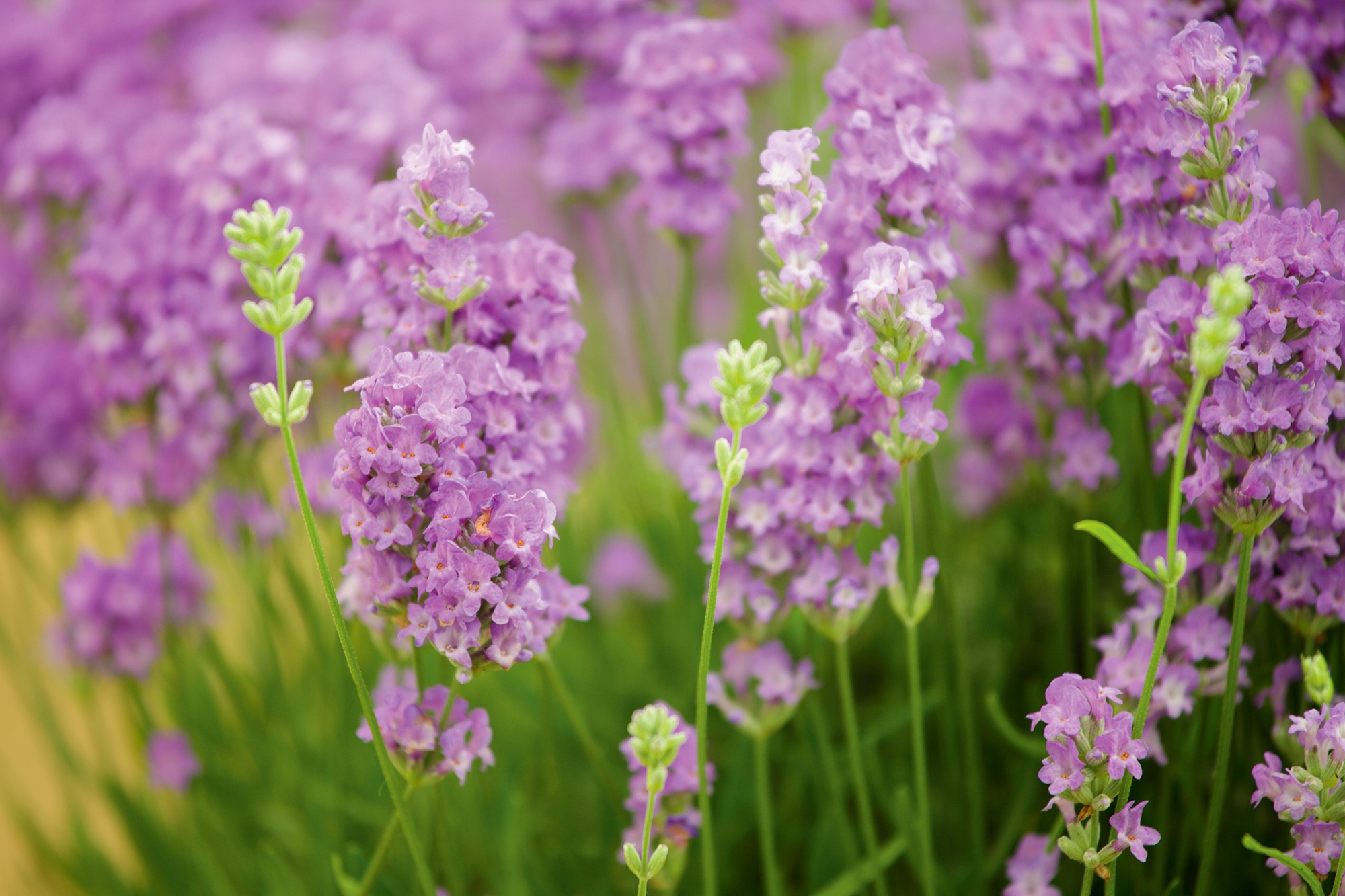
Lavender may smell pleasant to humans but it’s not so popular with ants, flies, moths, fleas and mosquitoes. A pot near your door can keep ants away; lavender in boiled water is thought to repel ants; and the oil can help to keep skin bite-free.
3. Rue
Rue (also known as the herb of grace) is believed to get rid of fleas and keep Japanese beetles and ants away from roses when growing, soaked or dried. Don’t be tempted to rub it on as an insect repellent, though, as it causes burns on some people’s skin.
Design expertise in your inbox – from inspiring decorating ideas and beautiful celebrity homes to practical gardening advice and shopping round-ups.
4. Chrysanthemum

Chrysanthemum to deter ants is another popular option for your backyard. This hard-working multi-tasker will deal with multiple bugs at home. The common flower contains pyrethrum, which is frequently used in natural insect repellents to kill ants.
5. Rosemary
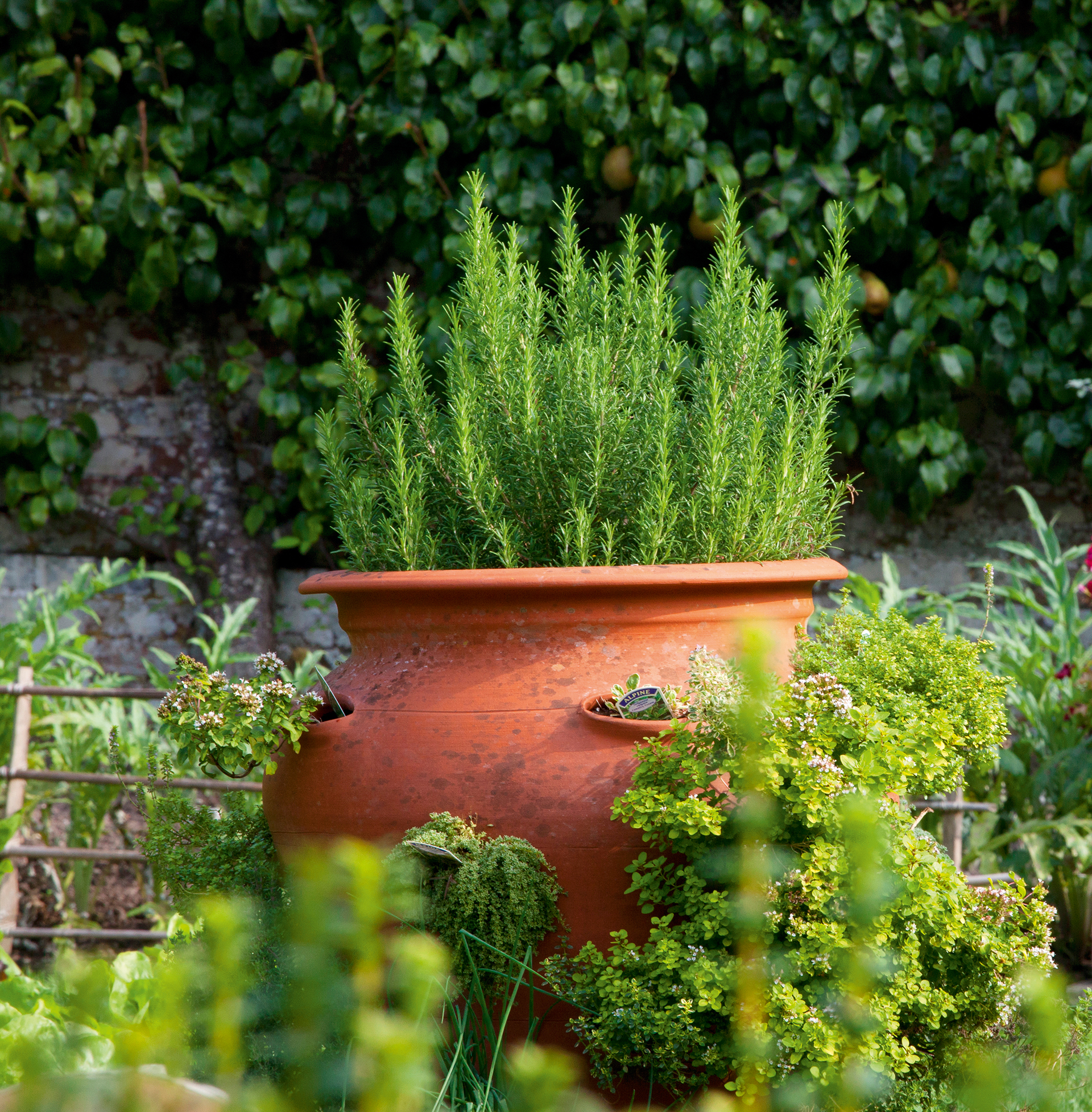
Once you learn how to grow rosemary, you'll get so much pleasure out of this wonderfully aromatic plant, and not just for its power to repel ants. While rosemary may not seem particularly pungent to the human nose, it does, in fact, release an intense smell that ants hate.
6. Mint
One of the most popular herbs to grow at home, and pretty indestructible too, learning how to grow mint is hugely rewarding for very little effort. While fresh mint leaves can be used to deter ants, they also work to repel spiders from entering our homes, too.
Mint is also an easy herb to grow indoors; it is the ideal choice for the amateur gardener. It can simply be grown in a small pot on the windowsill, in containers on the patio, or in a border or flower bed in the herb garden.
7. Basil
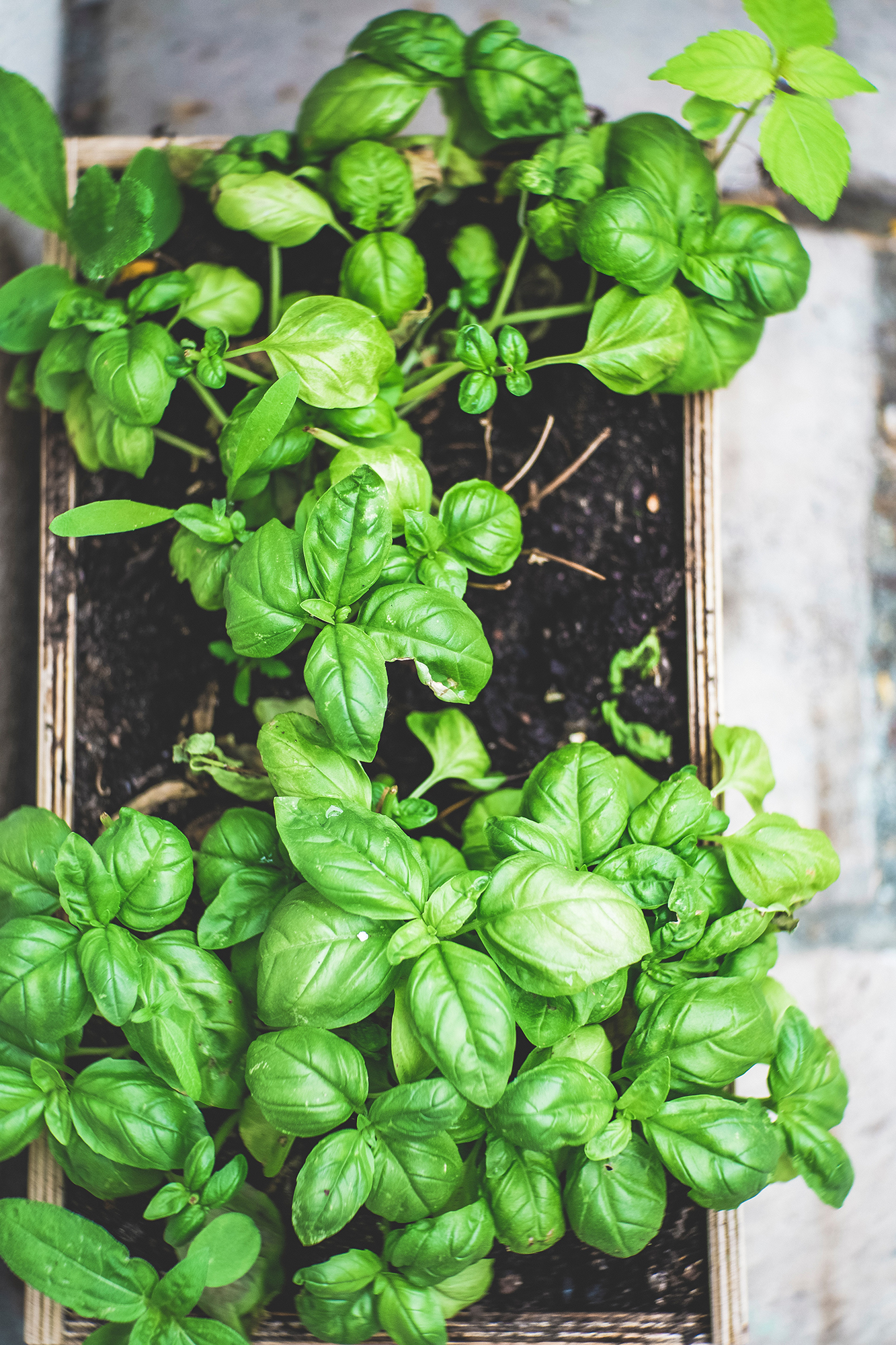
It is certainly worth your while learning how to grow basil as this popular herb is wonderfully versatile, adding its its unique flavor to many dishes, and for its ability to repel ants.
Basil contains an aromatic oil which ants hate. You can even make a homemade bug spray which is also effective against aphids, mites and thrips. 'The aim is not to kill off all the insects in your garden, but rather aim for a healthy ecosystem,’ says garden expert Leigh Clapp.
A staple herb for any keen cook, rosemary is also highly attractive to bees and other precious pollinators, so worth planting if you wish to attract these precious pollinators instead.
What is the best plant to repel ants?
Pests are inevitable, but pesticides can be replaced with organic methods such as companion planting. This traditional method involves partnering a crop with a sacrificial plant to lure away the pests. Lavender deters ants from carrots and leeks – while also attracting pollinators – while nasturtiums divert ants from broccoli, and chives keep mildew at bay. Then mint repels ants from tomato plants, and chervil grown alongside lettuces reduces ant attacks.
Herbal sprays can also be effective against leaf-eating pests, like ants and aphids. A traditional method is to make a simple ‘tea’ by mashing leaves of catnip, chives, feverfew or marigolds in a couple of cups of boiling water, let them steep until cool before diluting with several more cups of water. Adding a squirt of washing-up liquid to your spray will help them stick to leaves and spread better. You can also use lemon as a natural repellent for ants, too.
Fancy a quicker solution, or don't have much of a green thumb? Consider spraying vinegar on doors to help deter ants.

Jennifer is the Digital Editor at Homes & Gardens, bringing years of interiors experience across the US and UK. She has worked with leading publications, blending expertise in PR, marketing, social media, commercial strategy, and e-commerce. Jennifer has covered every corner of the home – curating projects from top interior designers, sourcing celebrity properties, reviewing appliances, and delivering timely news. Now, she channels her digital skills into shaping the world’s leading interiors website.